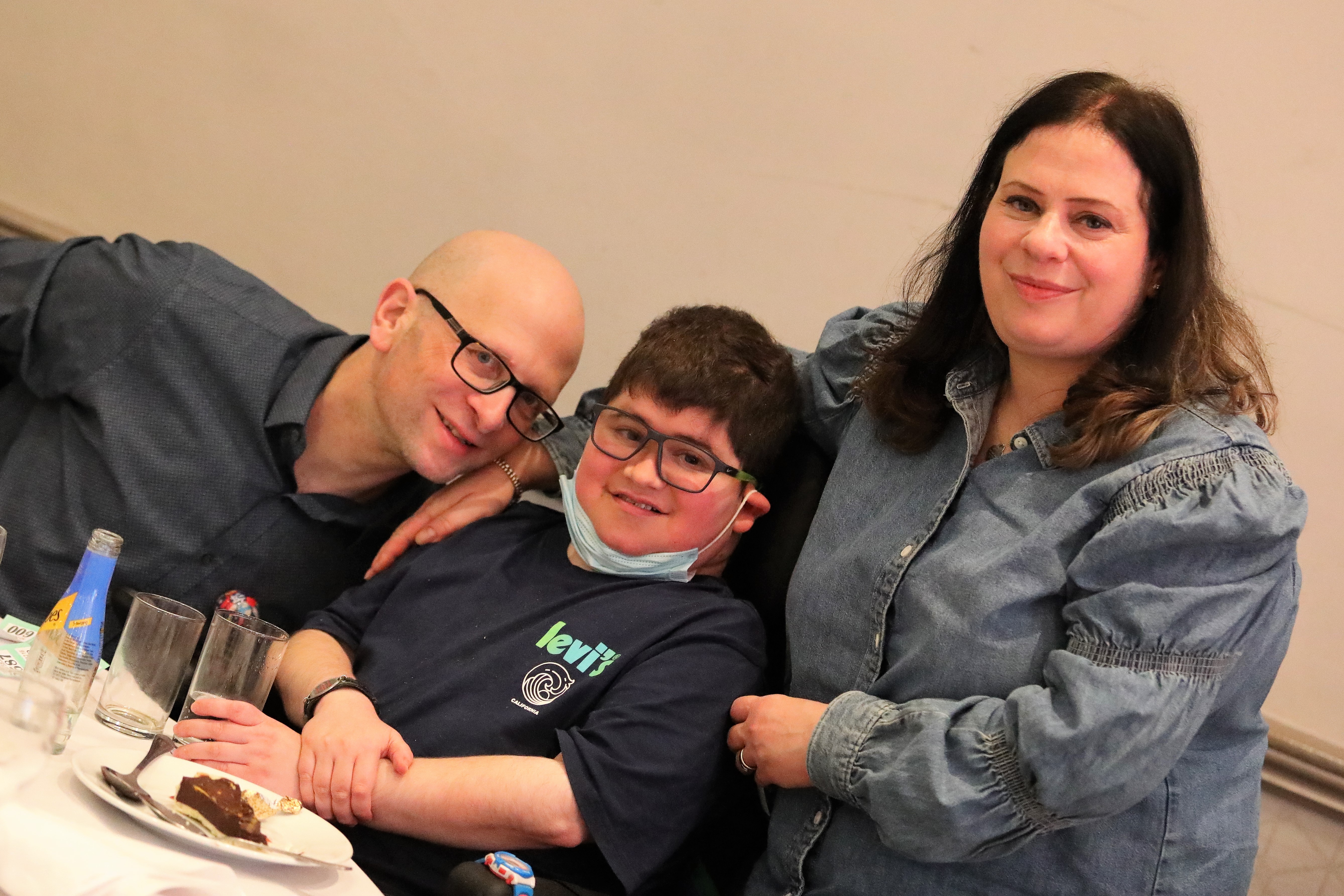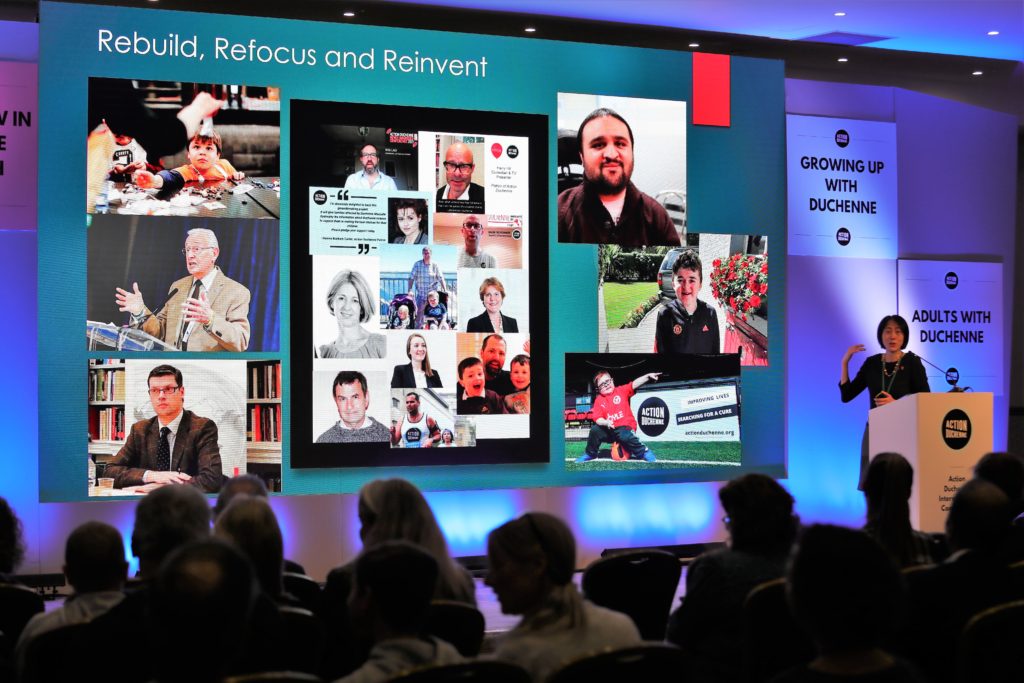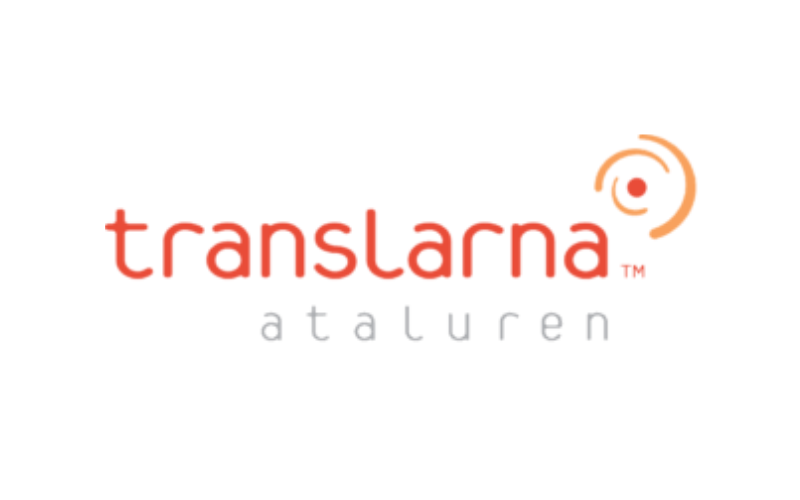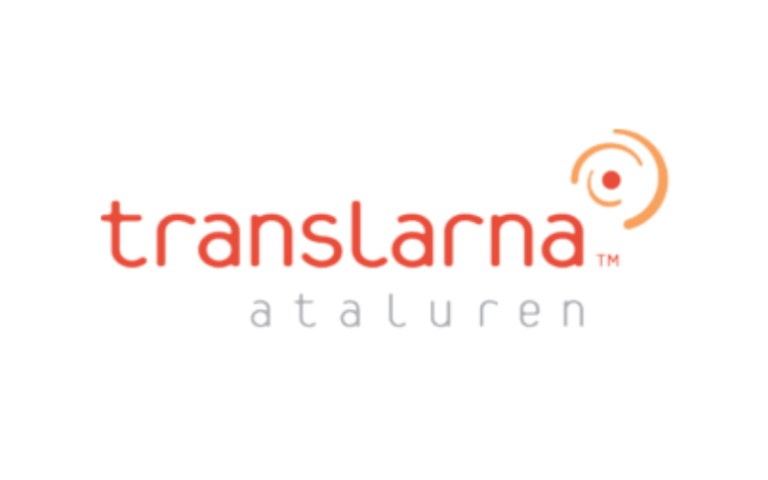NICE publishes final guidance recommending access to Duchenne muscular dystrophy treatment Translarna
NICE has published final guidance recommending Translarna (also called ataluren) as an option for treating Duchenne muscular dystrophy resulting from a nonsense mutation in the dystrophin gene in people two years and over who can walk, providing that the company (PTC) provides the treatment according to the commercial arrangement that has been agreed.
NICE Final Evaluation Document
“Today’s ataluren announcement is a hugely important milestone. It follows many years of clinical trials and a five year managed access agreement which itself had to be extended due to the pandemic. Time is so precious for families within our community and I can remember being handed a newspaper cutting about early trials for Ataluren soon after my son was diagnosed.
My gratitude is immense, in particular, to the many boys who participated in clinical trials, but also to the families and supporters who campaigned outside parliament, who have submitted evidence to NICE and to the many other people who worked so tirelessly to achieve today’s outcome.” Mark Silverman, Trustee and Duchenne Parent

Action Duchenne has worked tirelessly alongside MDUK, families, clinicians and other patient groups in the continued fight for access to the treatment. We participated in a wide range of campaigning, policy and parliamentary activity that has all led up to this decision. Translarna has been available through a Managed Access Agreement (MAA) for the past six years and Action Duchenne and MDUK worked together as part of the Managed Access Oversight Group to represent the views of the Duchenne community.
Action Duchenne along with MDUK engaged closely with the final appraisal process and appeared at the two NICE committee meetings in September and December 2022 as patient experts. We are grateful to the many families who shared their experiences with us and allowed us to present these to the committee in our written and oral evidence..
“This is inspiring news today from NICE that they have recommended ataluren for treating Duchenne. This medication has proven its value to many families since its development as a treatment for people living with Duchenne. Enabling its continued use through the NHS will enable more families to benefit from this transformational therapy and for those currently receiving treatment to continue. Action Duchenne is delighted with this news today which marks the culmination of years of collaboration between Action Duchenne, MDUK, NICE, NHS England and the community” Florence Boulton, National Director

NICE’s announcement confirms that Translarna is clinically effective and that it is likely to slow the progression of Duchenne muscular dystrophy for people with a kind of genetic change in the dystrophin gene called a nonsense mutation. NICE recognises that it has a positive impact on both the lives of people receiving it and on caregivers.
The decision will be warmly welcomed by all who have been involved. It comes after initial concerns about the treatment’s cost effectiveness were addressed, leading to a reversal of draft guidance published in September 2022, which recommended that no new patients should receive Translarna after the MAA ends on 20 January 2023. NICE’s Final Evaluation Document means that new patients will now be able to receive the treatment, as well as those already receiving it.
The document does not include a formal stopping rule (criteria used to identify when someone should stop receiving a treatment) because NICE concluded that the decision to stop treatment should be taken after individual discussions between patients, caregivers, and clinicians. This is positive and recognises points raised by Action Duchenne, MDUK and other patient and clinical experts in evidence to NICE that clinicians would want the option to continue using Translarna after their patients lost the ability to walk because of the benefits in upper limb and respiratory function.
“With all parents and parents-to-be whose children can benefit from ataluren I’m celebrating today. Energy, stamina, resilience, and hope for the future – these are the gifts to our children as our long campaign has won through.” Katherine Wedell, Duchenne Parent

NICE guidance is usually mirrored in Wales and Northern Ireland. In Scotland, Translarna is available through the ultra-orphan pathway until February 2025 and we will continue to work with families in Scotland when the Scottish Medicines Consortium (SMC) begins the process of making a decision about access after that date.
If you, or someone you care about, is affected by this decision, Action Duchenne is here for you. Contact our support team on info@actionduchenne.org or 07535498506.



 2023 is the year of the half marathon and family friendly, fully inclusive events!
2023 is the year of the half marathon and family friendly, fully inclusive events!
